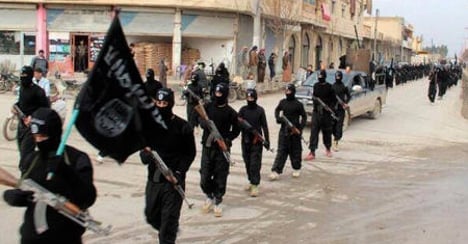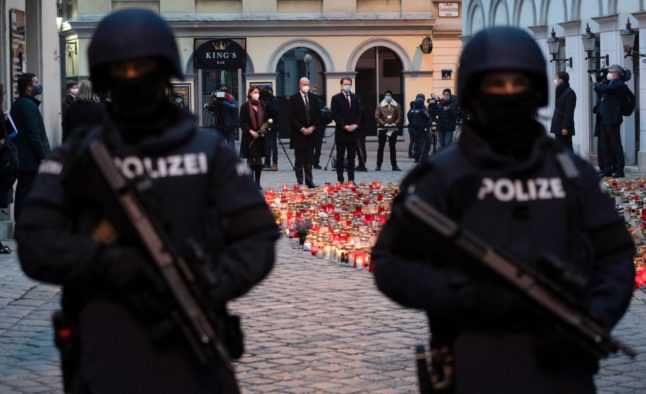A new Vienna-based organisation set up by a group of Austrian Muslims and social workers aims to deradicalize young people who have been to Syria, or are planning to go, to fight with the so-called Islamic State (Isis) jihadists.
The goal is to provide a bridge between the individual's family and various agencies and bodies, with the aim of steering the person away from extremism.
Austria’s Interior Ministry has said that 142 Austrians, including 12 women, are thought to be in Syria. Ten suspected would-be jihadis have been arrested since mid-August.
The new Network for Social Cohesion (Netzwerk Sozialer Zusammenhalt) had its inaugural meeting on September 6th.
Chairman Moussa Al-Hassan Diaw and political scientist Thomas Schmidinger said they set it up after repeated requests from teachers and family members who feel that jihadist ideology is an increasing threat to young Muslims.
Muslim communities across Europe have seen significant numbers of youngsters motivated to go to Syria either out of anger or because they have bought into propaganda on social media. The worry is that when they return home the brutalising effect of the war – and the ideology involved – poses a threat.
Diaw said that the plan is to set up a counselling centre, a think tank and a training service for NGOs, schools and social workers.
“It’s clear that the radicalization of young people, who are being motivated to join terrorist groups such as Isis, is a big problem,” Diaw said.
Schmidinger said that any government funds that went into deradicalization and prevention would be “well spent”.
Schmidinger and Diaw have been in contact with similar initiatives in other European countries, particularly in Germany.
They stressed that it’s important that the organisation is independent from the police. “Parents are not going to come to us about their child if they are worried that their son or daughter will be arrested,” they said.



 Please whitelist us to continue reading.
Please whitelist us to continue reading.
Member comments